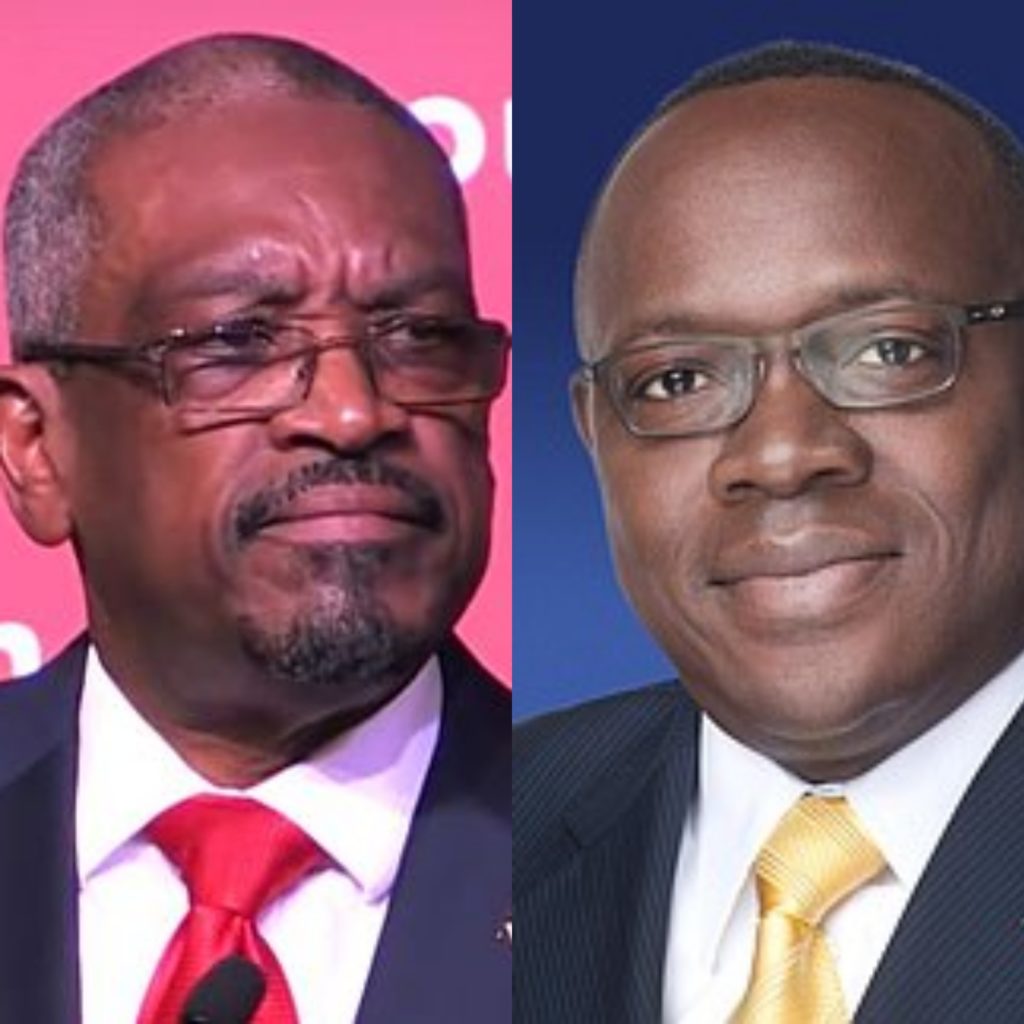
By CHESTER COOPER, PLP DEPUTY LEADER AND SHADOW FINANCE MINISTER
After familiarizing myself with the late, incredibly verbose and sometimes misaligned Fiscal Strategy Report, I have yet to identify a clear strategy for economic growth – which is what the government should be primarily focusing on at this time.
What I do see is an administration that once again runs to impose additional taxes on the Bahamian people and further starve capital works that could spur the economy.
The administration that railed against value-added tax then raised it, is now looking to a legalized gaming industry it opposed to shore up its fiscal position.
The irony is breathtaking.
Of course, we hear no talk of taxing the winnings of foreigners who gamble in the casinos where Bahamians are not allowed to play. That the government is still talking of cutting expenses and putting finances in order nine months into the pandemic is worrisome.
This administration also takes the hypocritical position of wanting to cut $100 million in spending while asking Bahamians to pay more. Bahamians will now also have to change the way their finances are budgeted as they brace for not only an increase in the rates they pay for water, but the frequency at which the bills come.
Increasing fares at Bahamasair will also hurt Family Island residents and impact tourists who wish to visit the Family Islands.
This report, which has been released outside of the legally mandated timeline, brings no real sense of comfort that we have a clear strategy to restructure and pay down our debt, or identify significant areas of revenue the government could focus on. It is the usual politically correct rhetoric for the international community, which has no illusions about the fiscal position of The Bahamas under the management of this current administration.
Many of the forecasts are fanciful and will need to be further adjusted. The government is looking to January to revise its projections. However, it is unclear what two additional weeks will tell them that they don’t already know.
I again call on the government to establish a debt committee with private sector contributors to manage, renegotiate and restructure debt to create savings and head room in the short term. I also call for a detailed accounting of the affairs of the National Insurance Board to ascertain whether or not the government has funded its share of the unemployment assistance via NIB or whether they are borrowing from the social security system.
We see the term unprecedented being bandied about repeatedly by the junior minster. The impact of Hurricane Dorian and COVID-19 cannot be denied, but the government has mismanaged their response to both events and made things worse than they have to be.
We acknowledge the government has accepted our recommendation to boost support to SMEs as well as the Infrastructure Fund, but the proof is in the execution.
In terms of the chest-beating over the high level of foreign reserves, we’re pleased that the level is so robust, but maintaining it through the level of borrowing that has taken place is not sustainable.
The report also conveniently does not highlight the expensive rate at which the recently acquired fund will be repaid.
The PLP, the IMF and others, have asked that we produce a credible plan.
But it appears we still have not.
Most of the “strategy” is a retread of previous rhetoric.
A report on progress of digitization, properly fixing state-owned enterprises, pension reform, PPPs and the IMF’s recommendation on tax reform might do well in inspiring confidence.
A progress report on the re-established Revenue Enhancement Unit might do the same.
The report should detail collecting taxes from the sectors of the economy that can afford to pay and focus on collection of real property taxes inclusive of high-end properties in places like the Exuma and Abaco Cays.
There is also no real plan articulated for restoration in Abaco, Grand Bahama and Ragged Island. And, there is curiously no update on the status of the Grand Lucayan sale outside of the chairman who negotiated the deal and the minister of tourism bantering in the press about how bad the deal may actually be.
Meantime, our debt-to-GDP ratio is approaching 100 percent and the deficit projections will be moot in short order.
Beyond Dorian and beyond the pandemic, there remains deep concern about the competency of our political leadership at this time.







